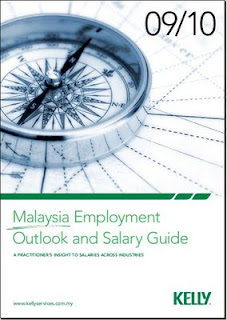If you have been involved in any kind of project management, be it in business or personal, you might have known about the famous triple constraint of project management, with the following general formula:
Quality = f(Scope, Time, Cost)
It is a simple rule of concept that says:
- To get the product with quality of your expectation, you have to at least plan carefully for the scope of work, time schedule and cost allocation.
- In order to maintain the same quality, any change to one of the 3 factors will need an adjustment to the remaining 2 of them. The 3 constraints are inter-dependent.
- If you want to adjust your quality expectation (either better or lower), then you can also adjust factors of scope, time and cost accordingly.
This is a very powerful concept commonly used during project planning, project monitoring and change management. It is used to assess the viability and to balance the trade-off factors.
For example, it is generally true that if you want to achieve a wide scope with little cost and time, you have to compromise on the quality expectation.
This triple constraint has been expanded to sextuple constraint in modern project management literature. They are: scope, time, cost, quality, risk and resource.
The risk factor is crucial because if it is not well managed, it will affect the other factors as well. Risk management comes in as preventive measure to safeguard the planned time schedule, cost, quality and resource allocated for the specific scope.
Resource is also an important factor. For example, with better resource on hand, you might be able to achieve the scope of quality with less time, cost and risk.
It is a good practise to always refer to the sextuple constraint for planning, managing and making changes to projects, so that our expectation is more realistic and success is viable.
You might want to use it in some of these projects which most of us will surely encounter during our life voyage:
- Education planning
- Wedding planning
- Parenthood planning
- Buying a house
- House renovation and/or decoration
- Travel planning
- Retirement planning
- ...
And of course, this is always applied to project management at work, including:
- Software development
- Building development
- Business development
- Operations planning
- Change/Restructuring management
- ...









